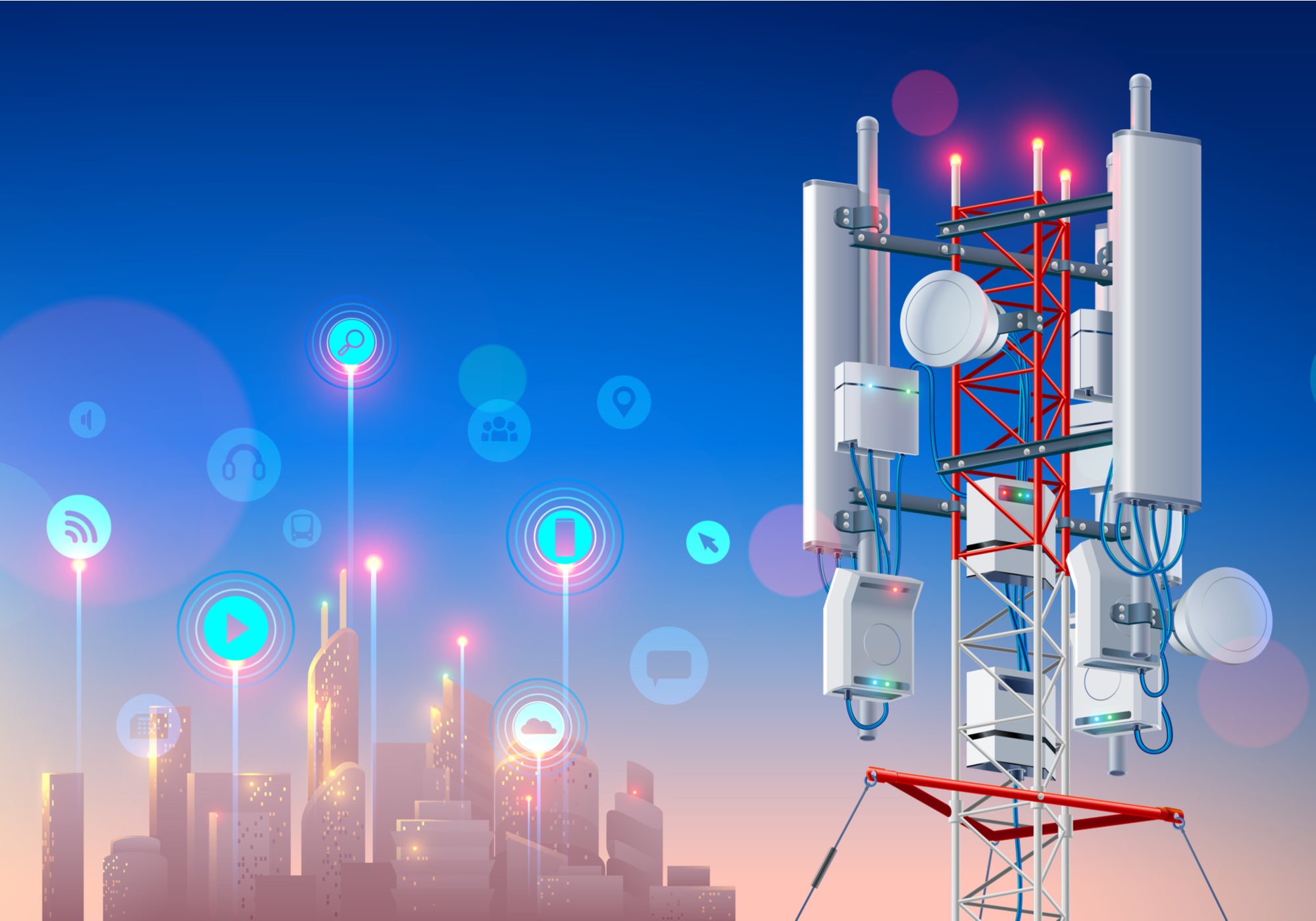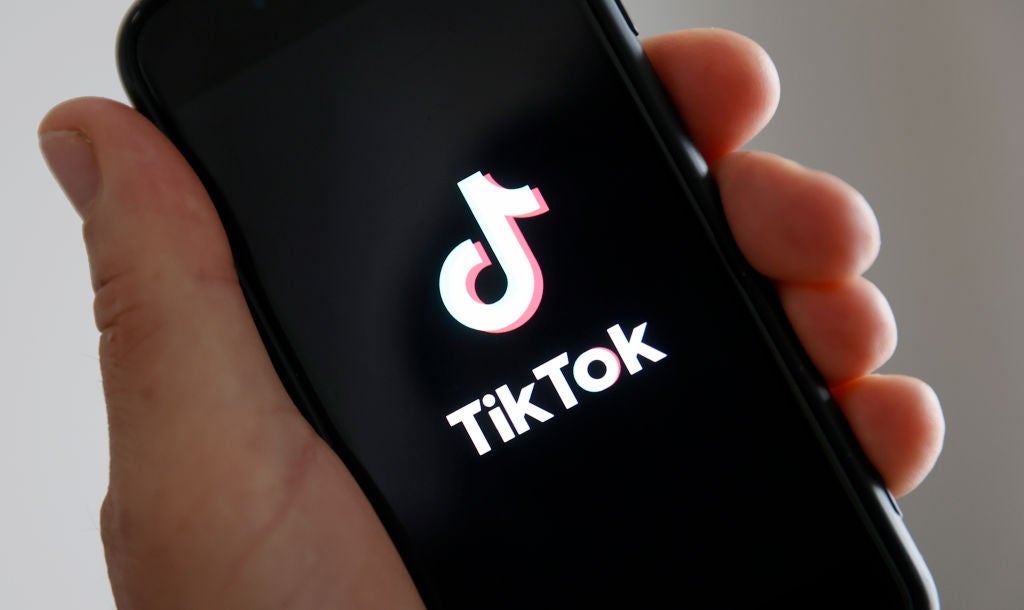
Research conducted by telecommunications firms Nokia and Telefónica has found 5G networks to be up to 90% more energy efficient per traffic unit than its 4G predecessor.
The study focused on power consumption on Telefónica’s radio access network (RAN), the part of the telecommunications network that wirelessly connects mobile devices to the network.
Over a three-month period, the two telcos studied the energy consumed per megabyte per second as data was beamed across the network in eleven different traffic scenarios.
Finnish telco Nokia argues that 5G is “natively greener technology” than legacy 4G networks. However, it accepts that more needs to be done to minimise CO2 emissions from wireless data networks.
According to mobile trade body the GSM Association, the telecoms industry currently consumes around 3% of global energy.
While Nokia and Telefónica’s study highlights the green credentials of 5G at a data bits per kilowatt of energy level, other challenges will need to be overcome.
How well do you really know your competitors?
Access the most comprehensive Company Profiles on the market, powered by GlobalData. Save hours of research. Gain competitive edge.

Thank you!
Your download email will arrive shortly
Not ready to buy yet? Download a free sample
We are confident about the unique quality of our Company Profiles. However, we want you to make the most beneficial decision for your business, so we offer a free sample that you can download by submitting the below form
By GlobalData5G more energy efficient but challenges remain
The faster speeds promised by 5G means the overall volume of data traffic will increase dramatically as networks continue to be rolled out and uptake grows among consumers.
This could see energy consumption rise with 5G networks, despite it requiring less energy to transfer a comparable amount of data using 4G.
“Our greatest contribution to overcoming the world’s sustainability challenges is through the solutions and technology we develop and provide. We place huge importance on this,” said Tommi Uitto, president of mobile networks at Nokia.
“Nokia’s technology is designed to be energy efficient during use but also require less energy during manufacture. This important study highlights how mobile operators can offset energy gains during their rollouts helping them to be more environmentally responsible while allowing them to achieve significant cost savings.”
Juan Manuel Caro, director of operational transformation at Global CTIO at Telefónica, said: “We are committed to supporting action on climate change and engender a sustainable culture throughout our entire company.
“We are proud to work collaboratively with Nokia on this project and others to address a range of initiatives including driving energy efficiencies in the 5G era.”
Read more: 2020 is shaping up as the year China gained 5G dominance




